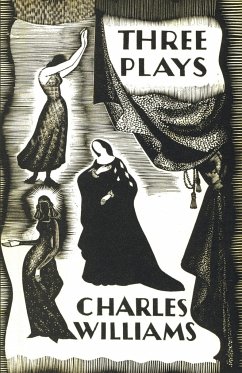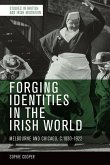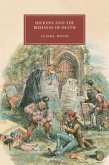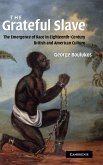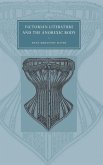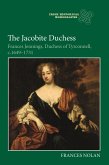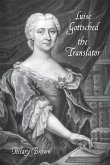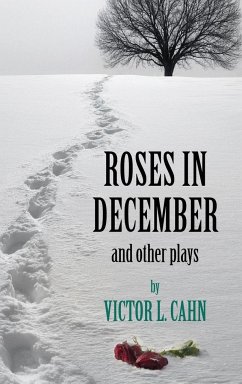The Early Metaphysical Plays of Charles Williams (put in larger font at top of back page) Behold three plays by a major member of the Inklings, Charles Williams, none of which has been reprinted since 1930. The editor of his Collected Plays (1963) thought them unworthy of inclusion, but these works so surpass the general run of contemporary productions as to reveal how fresh an artist Williams was. We have been long deprived of these intriguing accomplishments. The Witch would hold the stage at any time, whereas The Chaste Wanton reads like a first rate radio drama of the 1930s. Rites of the Passion is an Easter liturgical choral work, first cousin to W. H. Auden's For the Time Being. With Three Plays, Williams anticipated the revival of the British religious verse drama by half a decade. These theological adventures are the forerunners of the plays of T. S. Eliot, Dorothy L. Sayers, and Christopher Fry. An excellent entry into Williams's world.

